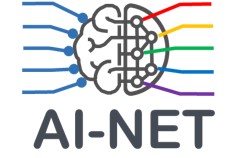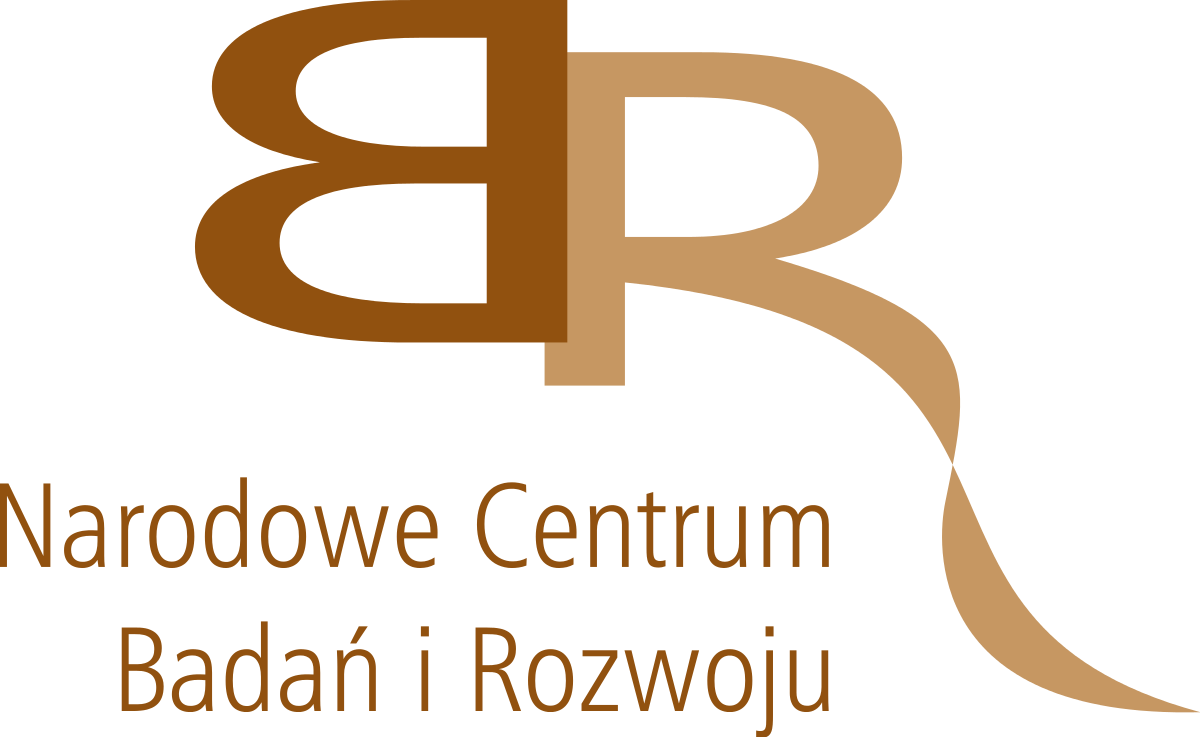Introduction
The future prosperity of the European Union will depend heavily on how well society, businesses and governments master the digital revolution with its unprecedented social and economic impact. The digital transformation is one key tool in tackling the global challenges described in the UN agenda 2030 for sustainable development.
Over the past decades the scale and scope of digital technologies have accelerated and connected humans, intelligent machines and the physical world at unforeseen pace. The digital transformation has introduced a new paradigm across industries, like healthcare, manufacturing, energy, mobility, entertainment, and others benefiting from new applications and technologies like 5G, cloud and artificial intelligence supporting sustainable development if used transparently and trustworthy.
The AI-NET project is one effort contributing to a European solution in this space, and thereby securing access to critical technology for European industries and people in Europe. Having more control of the needed technology will also help safeguard control of data generated by users and IoT devices in the networks.
The ambitious objectives of the AI-NET project will also enable a new class of applications, which live at the edge, creating truly smart cities and industries for the benefit of European citizens, e.g., improved transportation systems, healthcare and wellness support, factory and production plant optimization.
With Europe lagging in deploying 5G technologies commercially, there is also a risk that others take the lead in smart factories and manufacturing. Slower adoption of new technologies and processes would lead to a loss in competitiveness compared to other parts of the world. The effort in AI-NET to develop a network edge for industrial use cases is one corner stone for securing leading European solutions for industry 4.0.
AI-NET
The primary objective of the AI-NET research program is to Accelerate digital transformation in Europe by Intelligent NETwork automation at each network segment, i.e., edge, metro, core and data centers.
Complete network automation is a clear prerequisite for the efficient use of a highly integrated and flexible edge infrastructures which are programmable across all its components, from basic connectivity setup to fully virtualized network functions and application components.
AI-NET will explore a number of use cases spanning the technology challenges of services being deployed and operated at the network edge, in order to distil the various scenarios and deployments of each use case, and thereby the technical requirements as well as the values.
AI-NET will research and develop technologies specific for an edge infrastructure, which is characterized by a large number of edge locations, heterogeneous hardware and site configurations, resource constrained compute environments, a mix of base technologies for virtualization platforms and transport networks, and finally supporting critical services in customized network slices.
To manage the resulting complexity, we need to take advantage of artificial intelligence (AI) and machine learning (ML) to complement or replace traditional optimization and prediction algorithms. The edge platform will be an efficient way to support a learning infrastructure.
Finally, a deep edge network will be deployed at locations which have not been prepared for the power requirements of data centers, even small ones. AI-NET will analyze requirements on deployment and power supply for the edge infrastructure and develop methods to minimize power consumption.
The benefit for participating partnering industries will be the access to new knowledge demonstrated in proof of concepts running in test-beds and presented in scientific papers. The PhD candidates will also find their way to the industry R&D departments improving the skill set and capacity of European industry. New IPRs, products and service concepts will be developed and enhance the business performance of the participants. The project will also strengthen the European leadership in mobile communication and challenge the global competition in cloud, edge and artificial intelligence technologies.
AI-NET-PROTECT
Digital transformation is ongoing in many areas of today’s society, which will impact many aspects of people’s lives via means such as smart cities, robotics, transportation, and next-generation industries. At the same time, the current centralized cloud infrastructure is not adequate to serve the transformation’s requirements. We believe that three technologies can come together to shape a new secure service and application platform: 5G, edge-centric compute, and artificial intelligence. In this context, European industry has a good position in 5G networks, transportation and industrial applications, but needs to strengthen the position in secure cloud, data centre and artificial intelligence technologies to be at the forefront of development.
The primary focus of the AI-NET-PROTECT sub-project is to provide automated resilience and secure networks operated on trusted equipment to critical infrastructures and enterprises. AI-NET-PROTECT will ensure the protection of critical data, network performance (like latency, throughput, availability), and infrastructure (against tampering and attacks). To achieve these objectives, the project will develop a scalable network and node architecture to address the diverse KPIs by a mix of open and purpose build hardware and software including whiteboxes. Network telemetry and intent-based software-defined network management and control will provide zero-touch provisioning and support artificial intelligence based automation of end-to-end services. Strong security based on multi-layer cryptography, agile crypt-functions, and quantum-safe algorithms will form an integral part for the developed architecture. The key use cases for AI are performance optimization, proactive fault and anomaly detection, penetration and vulnerability testing, and security incident management.




